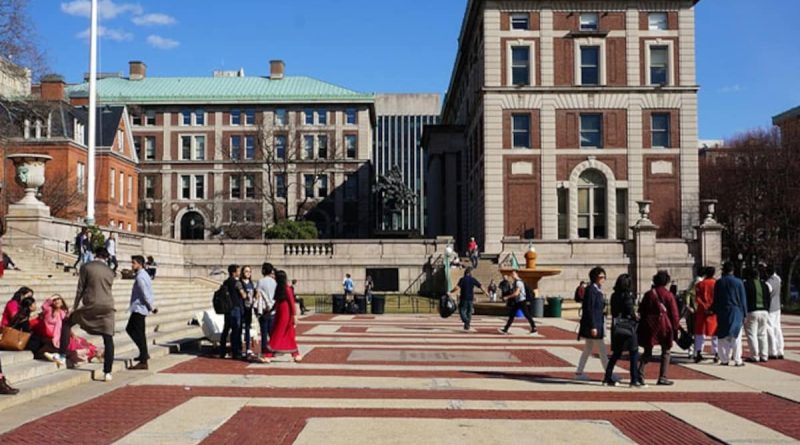More than 7,000 Indian Student Exchange Visitors Overstayed in the US in 2023
Over 7,000 Indian Students Overstayed in the US in 2023
In 2023, it was reported that over 7,000 student and exchange visitors from India had overstayed in the United States. This information was shared by Jessica M Vaughan from the Center for Immigration Studies during a hearing with US lawmakers. Vaughan suggested several reforms in the country’s immigration policies, particularly focusing on H-1B visas.
High Overstay Rates Among Student and Exchange Visitors
According to Vaughan, 32 countries have student/exchange visitor overstay rates of higher than 20 per cent. The F and M visa categories have the highest overstay rates among all temporary admission categories. The F-1 Visa allows individuals to enter the US as full-time students at various educational institutions, while the M-1 visa category includes students in vocational or nonacademic programs.
Countries like Brazil, China, Colombia, and India had significant numbers of citizens overstaying their student/exchange visas in 2023. India, in particular, had the highest number of overstay cases at 7,000. Vaughan emphasized the need for visa issuance policy adjustments and stronger interior enforcement measures.
Reforms in Immigration Policies
Vaughan proposed several changes to the existing immigration policies. She suggested that the concept of dual intent should not apply to student visa applicants. Instead, each applicant should demonstrate a clear intent and likelihood to return to their home country after completing their studies.
Additionally, Vaughan recommended limiting H-1B visas for workers in speciality occupations to a period of two years, with a possible extension to four years. She also proposed capping the total number of H-1B visas at 75,000 or less, including the non-profit and research sector. If the category is oversubscribed, visas should be awarded to the highest paying employers.
Addressing Labor Shortages
Vaughan argued that the US does not face a shortage of labor in skilled or low-wage occupations. She pointed out that there are millions of Americans of working age who have dropped out of the labor market. Even in the STEM sector, there are more than two million US STEM degree-holders who are unemployed or not working in STEM fields.
To address these issues, Vaughan suggested prohibiting staffing companies from sponsoring foreign visa workers. These companies have been associated with replacing US workers with lower-wage foreign workers and engaging in illegal hiring practices. She also emphasized the need for all employers to be held accountable for high overstay rates among sponsored workers.
In conclusion, Vaughan urged Congress to overhaul visa programs to prioritize American workers’ opportunities and ensure fair and responsible immigration practices.

